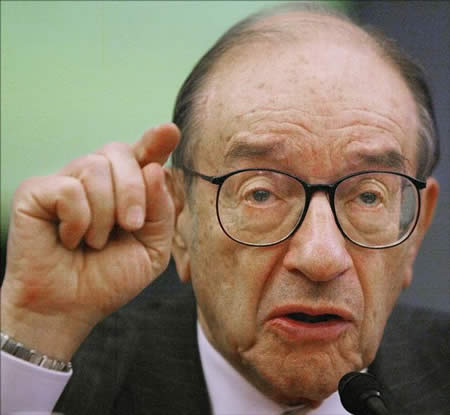Last spring I graduated high school and one of my family friends gave me two, one-hundred-dollar bills. It was a very nice gift, but there was one problem: hundred dollar bills are too big. To assuage this problem, my mother took me to our local ATM, where she deposited the two-hundred-dollars and then withdrew two-hundred-dollars in twenties. I wondered, “Did the bank profit from the two-hundred-dollars it had for 45 seconds?” Could the bank, in that brief period of time, have invested my two-hundred-dollars and made a profit? The answer is yes. An article in the WSJ about “Naked” access touched on the subject, “Behind regulators' concerns are the increasingly fast speeds employed by high-frequency traders. According to the Aite report, a firm that uses naked access can execute a trade in 250 to 350 microseconds, compared with 550 to 750 microseconds for trades that travel through a broker's computer system by sponsored access...The small sliver of time can mean the difference between success and failure in the computer-driven universe of high-frequency trading. It highlights the mind-bending speeds these firms compete at as electronic markets race to provide superfast access.”
To fully grasp just how psychotic this is, one must first have an elementary understanding of the stock market. The purpose of the stock market is to allow companies a means of raising capital to grow their businesses. Anyone can exchange money for a stake in a public business. The value of a stock is based on demand and people demand businesses who either earn strong profits or promise future profits. If you own 1% of Google then you will receive 1% of Google's profits so naturally there will be a greater demand for companies that offer more profit. Yahoo's finance section offered this tidbit explaining how the stock market works, “The stock market itself is basically a daily referendum on the value of the companies that trade there. All those guys screaming at each other? Their job is to take in the day's news and distill it down to a single question: Will it help the companies I own make money in the future, or will it prevent them from doing so?”
The thing I find interesting in Yahoo's explanation is that they essentially say that stock prices are based on speculation. That the folks on Wall Street take the news and decide whether it's good or bad. By that logic, investors could simply decide all news is good news and the stock market would rise infinitely and indefinitely. It is at its root, supply and demand. People say a stock will rise and invest in it; there investment increases demand and the price rises attracting more investment and prices rise more until the bubble eventually bursts.
Paul Krugman had an article in his book, The Accidental Theorist, about speculation. His belief was that speculation was a self-fulfilling prophecy. By speculating that prices will rise you increase prices and by speculating that prices will fall prices decline. He uses George Soros as an example. He accuses Soros of taking a loan in British Sterling, writing an article in the WSJ speculating that the Sterling would fall, than profited from the devaluation of his debt. But currency exchange is a whole other subject.
Back to the stock market, the reason the stock market is so dependent on speculation is because its purpose has changed. Originally, people profited from the market by investing in companies and collecting the profit from their stake. The stock market evolved from a stock market into a stock exchange and now, a microsecond exchange of stock. People receive most of their profit when they sell their stocks.
This leads me back to my bank. As I'm sure you know, banks make a living taking your deposits and investing them. They even give you a small taste of those profits. Big banks have such a large pool of money to work with that they can influence the market and create their own profits. Their own demand of certain stocks raises their price after they have bought them. Which means they can buy a stock and immediately sell it and make a profit. They have essentially created money purely out of speculation. This act offers very little to society. So when I put my two-hundred-dollars in the bank, I feel like I'm feeding a psychotic machine.
Friday, December 25, 2009
Subscribe to:
Post Comments (Atom)

More importantly, they can make plays against a stock price - or shorting a stock. And while I agree that making a play on the long side in the manner you describe has no real tanigible benefit to society, shorting a stock in the same way does put excessive downward pressure on a stock, for society it puts real peoples jobs, livelyhoods and futures at stake.
ReplyDeleteThat's an interesting point. Selling short is a whole other concept that impacts the market in a similar way but in the opposite direction. I did refer to George Soros who sold short on the English Sterling. I think a lot of people forgot about negative speculation and the downsides for real peoples' jobs, livelihoods and futures. That's part of the reason why we're in the mess we are today; people believed that the market could go up forever and that was very naive. I do wonder if people have learned anything about the downside of bubble economic policy.
ReplyDeleteAnd of course, thanks for the input.